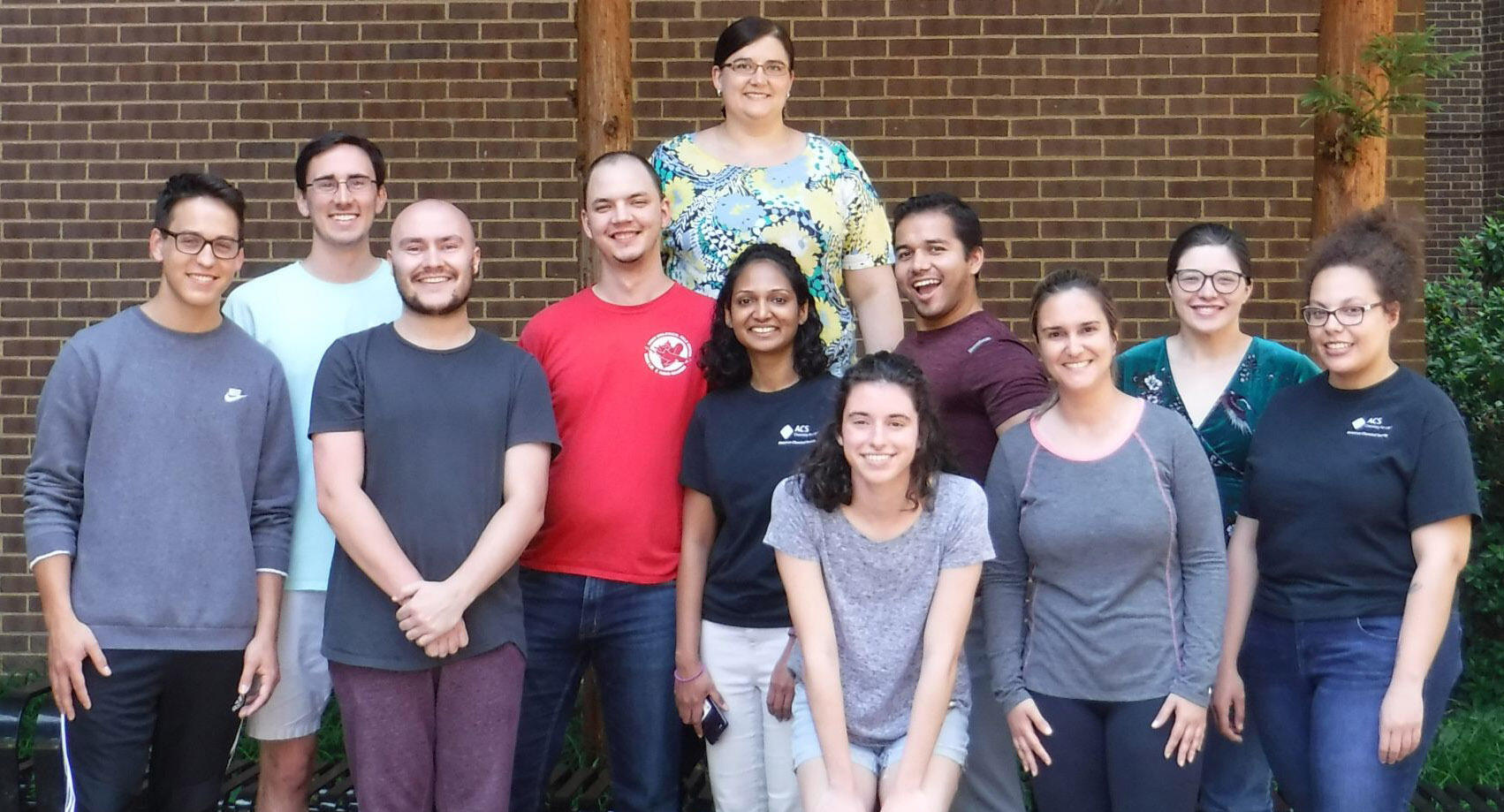Oct. 9, 2019
NIH awards $1.65M to VCU professor to study the role of brain metals in Parkinson’s disease
Chemistry professor Heather R. Lucas’ research may uncover novel disease pathways and could inspire new targets for drug development.
Share this story

Heather R. Lucas, Ph.D., an assistant professor in the Department of Chemistry in the Virginia Commonwealth University College of Humanities and Sciences, has received a $1.65 million National Institutes of Health grant to study the impact of brain metals such as iron and copper on a protein implicated in Parkinson’s disease.
Parkinson’s is the most common movement disorder and the second most common neurodegenerative disorder (after Alzheimer’s disease). The biochemical mechanisms associated with how an excess or scarcity of these metals contribute to the disease are unknown, so the Lucas research group is investigating how brain metals change the structure of the protein α-synuclein.
“In the brain, the transition metals iron and copper can contribute to both functional and harmful biochemical pathways,” Lucas said. “Often, excess metal is thought of as being particularly problematic, however, this perspective overlooks the many functional roles that transition metals play. The exact roles of these metals, and how they interact with [α-synuclein] to prevent or promote [Parkinson’s disease] progression, remains a huge mystery.”
Lucas, who also has been funded through the Alzheimer’s and Related Diseases Research Award Fund from the Virginia Center on Aging, the American Chemical Society Petroleum Research Fund, and the VCU C. Kenneth and Dianne Wright Center for Clinical and Translational Research, draws on her cross-disciplinary experience in inorganic chemistry, biophysics, microscopy, analytical biochemistry and chemical biology to answer these challenging questions.
Through this research, Lucas and her team hope to uncover new details about how Parkinson’s disease progresses on a molecular level. Advances in fundamental knowledge about the disease could inspire new targets for drug development, bringing hope to Parkinson’s patients worldwide.
Subscribe to VCU News
Subscribe to VCU News at newsletter.vcu.edu and receive a selection of stories, videos, photos, news clips and event listings in your inbox.











